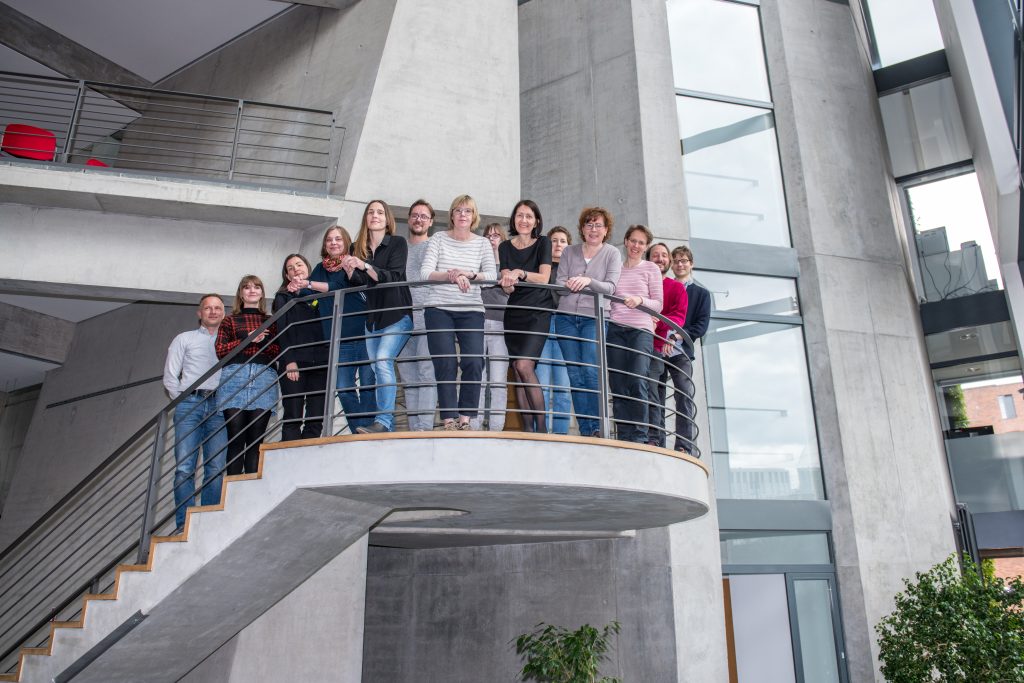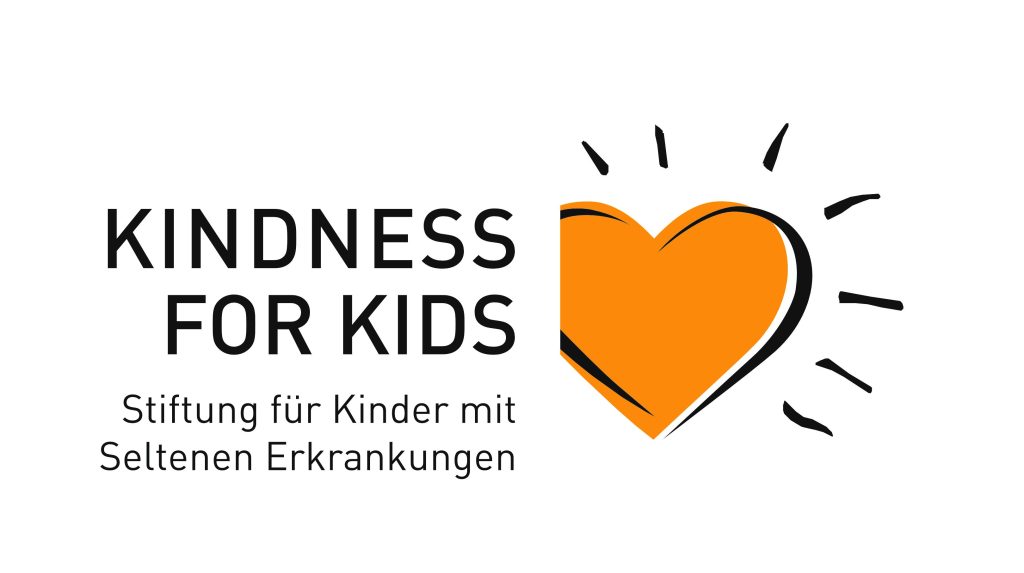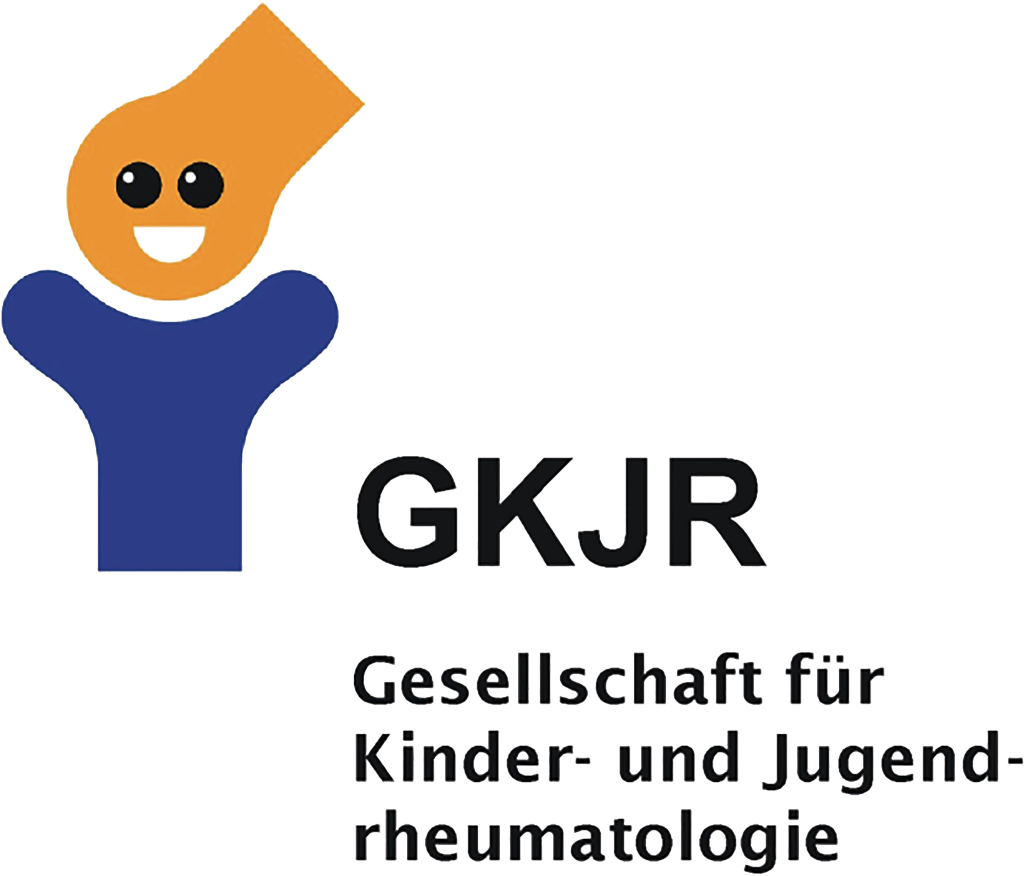- Foundation
National Pediatric Rheumatologic Database (NPRD)
The National Pediatric Rheumatologic Database (NPRD) has been conducted nationwide since 1997. The Gesellschaft für Kinder- und Jugendrheumatologie (GKJR) recommends participation as a quality assurance measure. As part of the documentation, children and adolescents with inflammatory rheumatic diseases who visit pediatric rheumatology centers once a year, along with their treating physicians, are asked to complete standardized doctor and patient or parent questionnaires. The physicians provide information about the diagnosis, disease activity, and treatment. From the patient and parent side, data about the health status and quality of life of the affected individuals are documented.
Head of project
More than 60 pediatric rheumatology centers document over 14,000 children and adolescents each year.
Wide range of applications
Team
Selected outcomes
Further associated projects
The transition of adolescents with chronic illnesses into adult-oriented healthcare is a key focus of the Pediatric and Adolescent Rheumatology working group. A successful transition requires the development of transition competence, meaning sufficient disease knowledge, self-management skills, and a willingness to take on responsibility. The transition process should be supported with standardized, patient-centered materials. This work is based on transition projects funded by the German Federal Ministry of Health (BMG), whose scientific monitoring and evaluation are carried out by our working group.
In addition to the transition projects, based on the NPRD, the joint project ProKind (Projects for Classification, Monitoring, and Therapy in Pediatric Rheumatology) funded by the Innovation Fund investigates how newly diagnosed children and adolescents with juvenile arthritis and connective tissue diseases are treated, what the treatment outcomes are, and whether current recommendations from the Gesellschaft für Kinder- und Jugenrheumatologie (GKJR) are being followed. In recent years, the project has been further expanded with the Pro-AID project.
Pro-AID: Expansion of ProKind-Rheuma to include autoinflammatory fiseases: To improve the early detection, diagnosis, and treatment of autoinflammatory diseases (AID), defined therapeutic goals, standardized regular assessments of disease activity, and consensus-based treatment pathways tailored to the severity of the respective disease have been developed. Pro-AID (Research network for the ImProvement of health of children and adolescents with autoinflammatory diseases) is part of the current ProKind initiative. The project is supported by the Foundation for Children with Rare Diseases “Kindness for Kids.”
AG Minden









